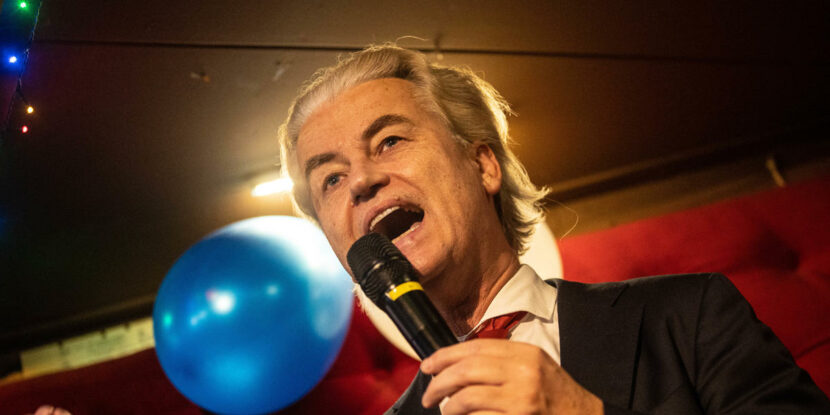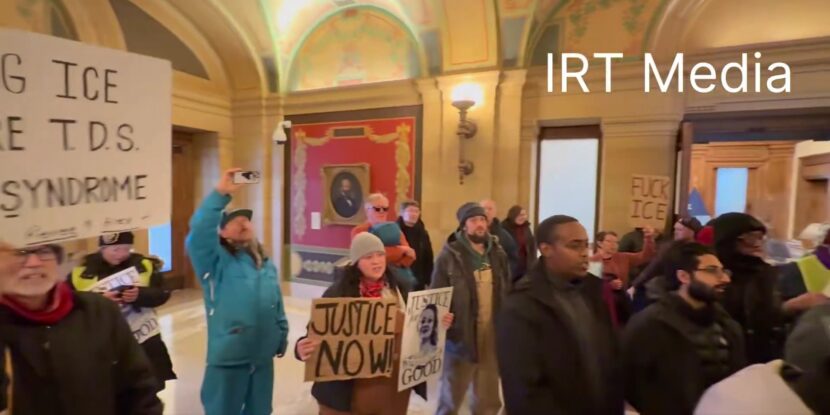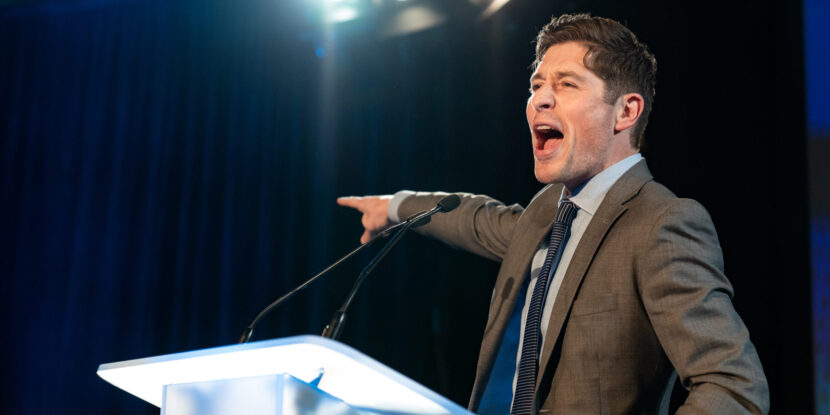Attempts to form a populist-right government in the Netherlands helmed by Geert Wilders have failed despite Wilders making massive concessions to potential coalition partners.
Wilders’ Party for Freedom (PVV) claimed victory in the country’s November parliamentary elections, campaigning on a populist platform that included cutting immigration and de-Islamification efforts. He was in talks with Pieter Omtzigt, leader of the New Social Contract party, Dilan Yeşilgöz-Zegerius, who helms the People’s Party for Freedom and Democracy (VVD), and Caroline van der Plas, leader of the Farmer Citizen Movement (BBB). Were a coalition agreement to be reached, it would have given the partners a comfortable majority in the lower house of the Dutch parliament.
In January, Wilders made significant concessions to his potential governing partners, withdrawing draft legislation that included bans on mosques, Islamic schools, and the Quran.
The talks came to a premature end after Omtzigt withdrew from the process, a move that shocked Wilders, Yeşilgöz-Zegerius, and van der Plas. “Incredibly disappointing. The Netherlands wants this Cabinet and now Pieter Omtzigt is throwing in the towel while we were still in discussions until today. I don’t understand it at all,” Wilders wrote on X (formerly Twitter) Tuesday night before telling reporters Wednesday that he was “shocked and surprised” by Omtzigt’s move.
However, Omtzigt has not entirely ruled out involvement in the next government, saying that his party “continues to work constructively but carefully to form a government that effectively tackles the country’s urgent problems. This can be done, for example, by providing constructive support to a minority Cabinet or a broad extra-parliamentary Cabinet.”





















